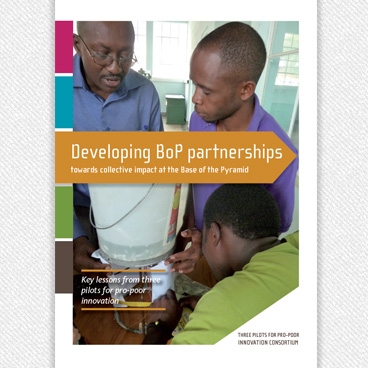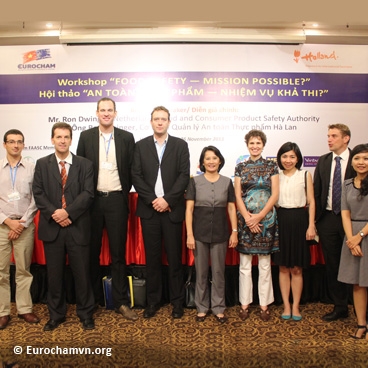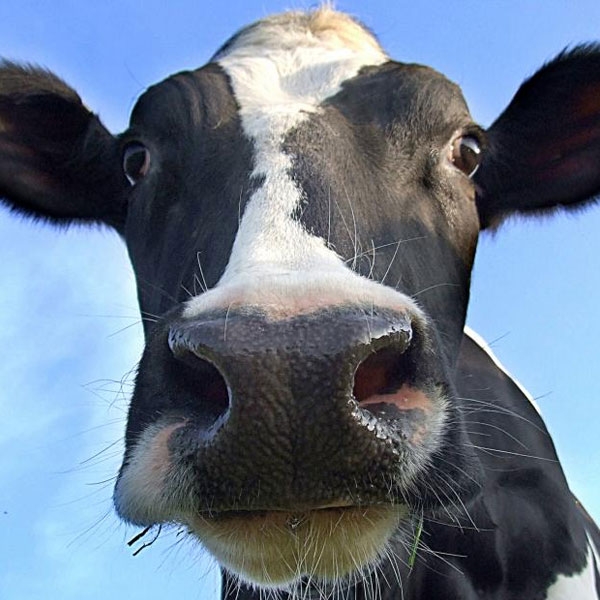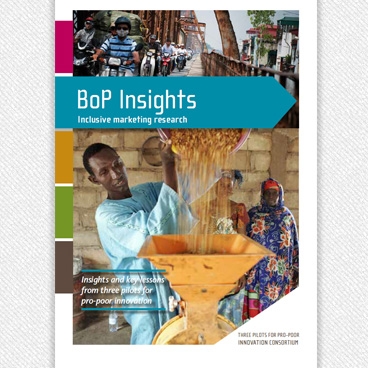HANOI – During my Msc Mangement Economics and Consumers studies at Wageningen University I was given the beautiful chance to be part of the Fresh Studio team in Hanoi as an intern.
Choice for Fresh Studio
Having been abroad only within the European borders, I was looking for an internship outside Europe. From within my network, I heard about Fresh Studio in Vietnam. After reading about the company, the contact was quickly made. Within six months I set foot on Vietnamese soil, a choice which I will never regret. Fresh Studio is a very inspiring company, there is an incredible synergy between creativity, well-considered solutions, and the way diverse disciplines work together.
Internship / thesis
Throughout this five month period I conducted a study about the role social media plays on how Vietnamese consumers cope with perceived uncertainties on safety of vegetables in Hanoi.
The research focused on the following three main questions:
1. In what way do online social networks play a role in the demand for safety of vegetables by Vietnamese consumers?
2. Which alternative information coping strategies may be used with regard to safety of vegetables in Vietnam?
3. What is the impact of online social networks on other coping strategies with regard to information about safe vegetables in Vietnam.
In order to answer the research questions, 1400 surveys with Vietnamese consumers were carried out at shops which claim to sell safe vegetables. This research has resulted in a Msc thesis for Wageningen University.
Next to my own project, I had the opportunity to work together with colleagues on different marketing and business development projects. Amongst these, two projects carried out in Hanoi, one a safe vegetable retail census and the other a vegetables project with the Dutch school. All projects have challenged me to move away from the comfort of my study books and theories to put my skills into practice.
Reflection
Doing an internship overseas involves a bit of a culture shock. Not only did I had to get used to the culture of the country (e.g. bargaining in every shop, crowded streets with motorbikes) but even more I had to adapt to a different culture of working. For example my colleagues saw me as their friend instead of as their colleague. So, after work I did spend a lot of time with them at street canteens and bars. They also showed me many places in Hanoi and took me on motorbike road trips to the North of Vietnam. Seeing many places in Vietnam and also Cambodia, I can say I have explored a bit of the way of living and working in a South East Asian country.
Being abroad offers a fantastic opportunity to broaden your horizon; you will experience a process of development that will make you a better and open-minded person. For me, it was an experience that I am sure I will remember for the rest of my life.Also interesting to read:











